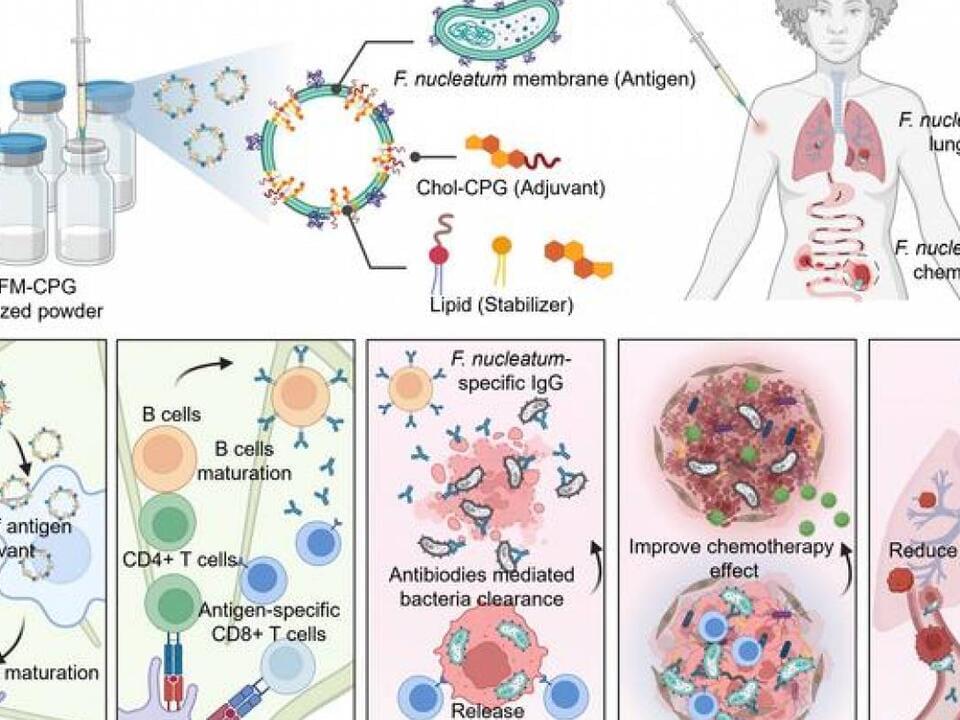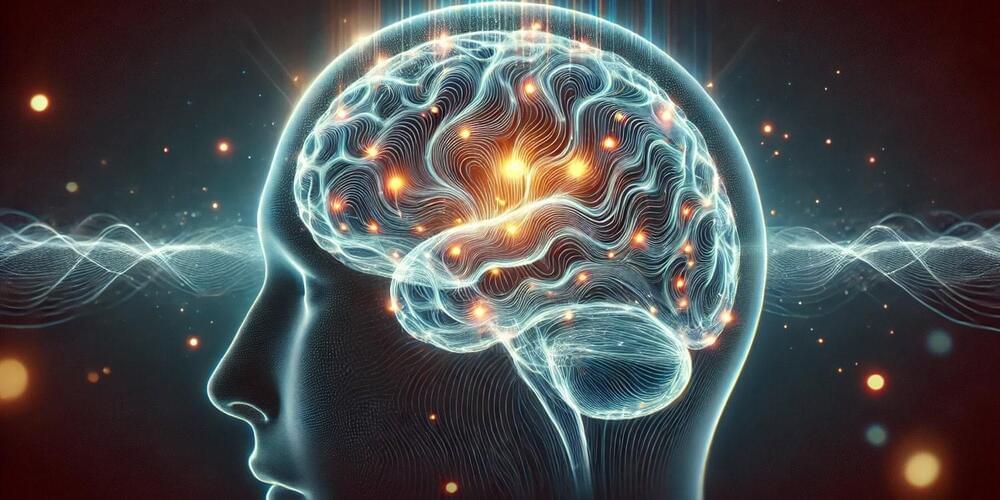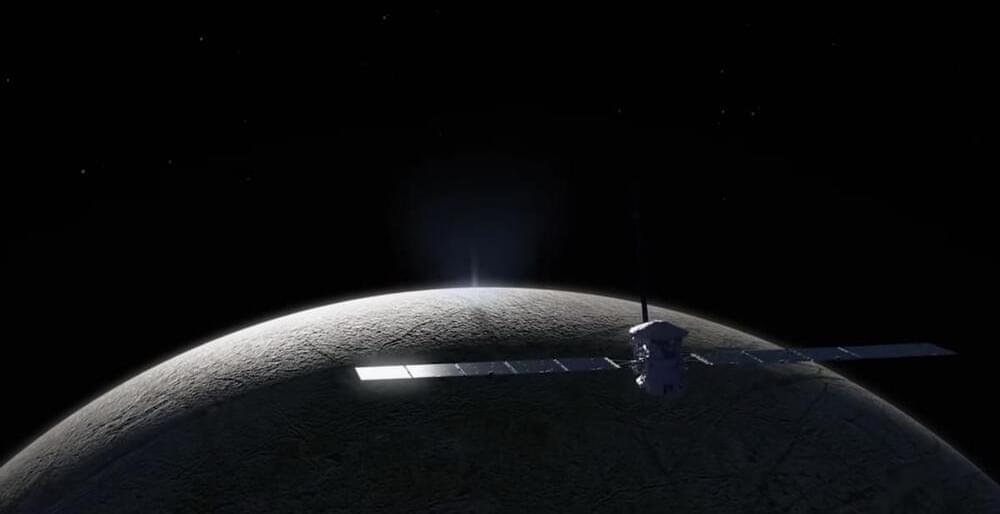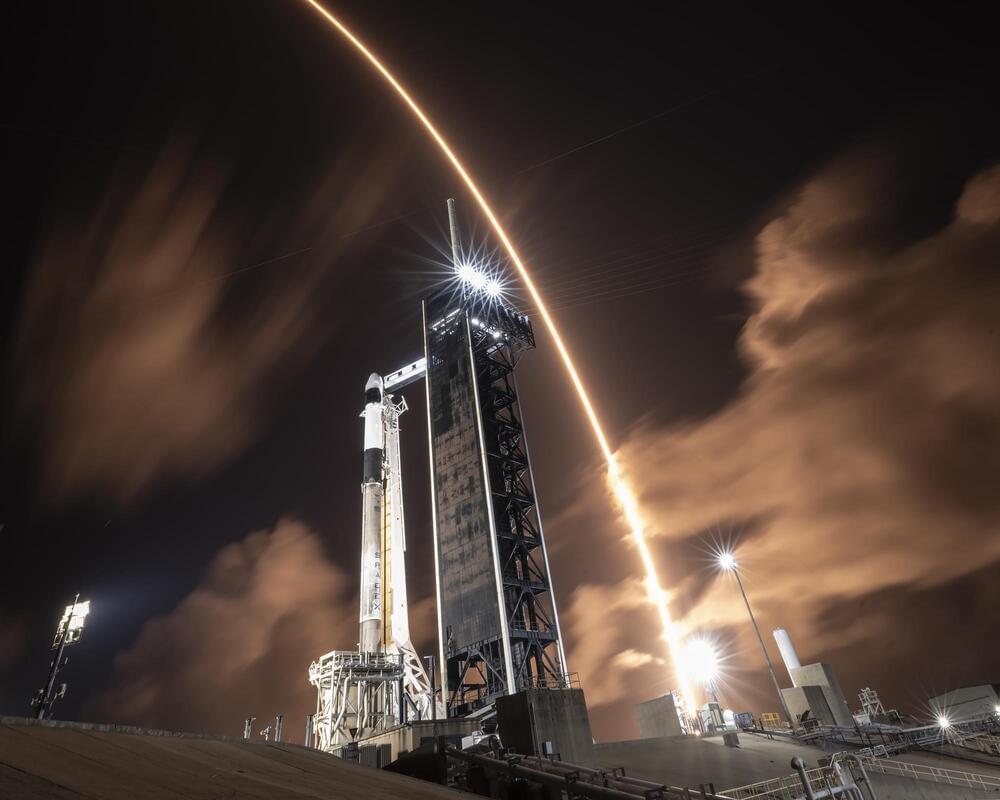Page 28
Sep 1, 2024
AI tools like ChatGPT popular among students who struggle with concentration and attention
Posted by Shailesh Prasad in category: robotics/AI
Since their release, AI tools like ChatGPT have had a huge impact on content creation. In schools and universities, a debate about whether these tools should be allowed or prohibited is ongoing.
Sep 1, 2024
The Road to Singularity: Ben Goertzel on AGI and The Fate of Humanity
Posted by Dan Breeden in categories: media & arts, robotics/AI, singularity
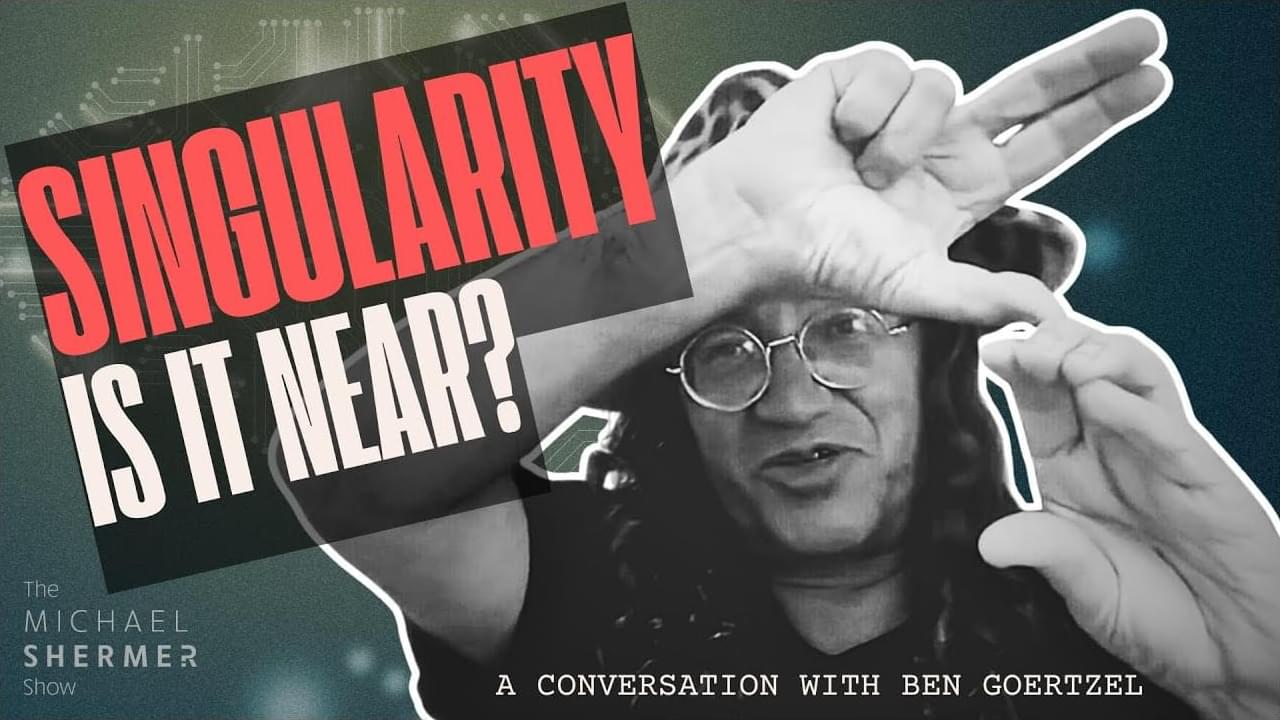
Enjoy the videos and music you love, upload original content, and share it all with friends, family, and the world on YouTube.
Sep 1, 2024
Innovative Cancer Treatment Through Targeted Bacterial Vaccines
Posted by Paul Battista in categories: biotech/medical, innovation
(Precision Vaccinations News) — Bacterial vaccines offer a promising solution by targeting specific pathogens without harming the broader microbiome. However, researchers wrote on August 30, 2024,…
Sep 1, 2024
Brain ripples play a key role in solidifying emotional memories
Posted by The Neuro-Network in category: neuroscience
A recent study published in Nature Communications sheds light on why emotional memories are often more vivid and lasting than non-emotional ones.
Neuroscientists recently found that specific brain waves, called ripples, help strengthen and replay emotional memories, making them more vivid and easier to remember. This discovery could lead to new treatments for memory-related conditions like PTSD.
Sep 1, 2024
Memory can be strengthened by unrelated experiences, study finds
Posted by Shubham Ghosh Roy in category: computing
There is a legend that many hundreds of years ago—long before printing presses, computers, or telephones existed—a special method was used to remember significant events, such as land transfers, crucial agreements, or weddings. According to the legend, a child was chosen to witness the event and immediately thrown into a river. This extreme combination of events was believed to ensure that the child would never forget that specific event.
But why might such a method have worked? Although this historical method may seem extreme, our ancestors may have been onto something crucial: When an event is combined with a strong emotional reaction, it becomes easier to remember.
For a long time, researchers have been able to offer a specific explanation for why some events are stored in our long-term memory while others are not. However, learning and memory may not be as straightforward as once thought. New research from DANDRITE shows that experiences that are not directly relevant to a memory can still impact the strength of that memory, paving the way for the development of entirely new memory-focused learning tools.
Sep 1, 2024
This is why you shrink as you get older
Posted by Shubham Ghosh Roy in category: futurism
Ever wonder why humans shrink as they age? Here’s everything you need to know to help you understand this strange phenomenon.
Sep 1, 2024
NASA’s huge spacecraft will soon launch to alluring ocean world
Posted by Genevieve Klien in category: space travel
Sep 1, 2024
Scientists make breakthrough discovery with the power to permanently change plastic pollution: ‘Transforming … pollutants into valuable, reusable chemicals’
Posted by Genevieve Klien in categories: chemistry, computing, sustainability

Scientists at the University of Texas used a breakthrough laser recycling technique to turn plastic into computer components.
Sep 1, 2024
SpaceX resumes Falcon 9 launches after brief FAA grounding
Posted by Genevieve Klien in categories: internet, satellites
WASHINGTON — SpaceX resumed launches of its Falcon 9 rocket early Aug. 31 after the Federal Aviation Administration ended a brief grounding of the vehicle.
One Falcon 9 lifted off from Cape Canaveral Space Force Station’s Space Launch Complex 40 at 3:43 a.m. Eastern, placing 21 Starlink satellites into orbit. It was followed at 4:48 a.m. Eastern by another Falcon 9 lifting off from Vandenberg Space Force Base’s Space Launch Complex 4E, also delivering 21 Starlink satellites to low Earth orbit. The 65 minutes between launches is the shortest interval yet between Falcon 9 launches.
The launches were the first by SpaceX since the Aug. 28 launch of a Falcon 9 where the booster was lost during landing on a droneship in the Atlantic Ocean. While the rocket successfully placed its payload of Starlink satellites into orbit, the Federal Aviation Administration ordered a halt in Falcon 9 launches later that day to investigate any public safety implications of the failed landing.


